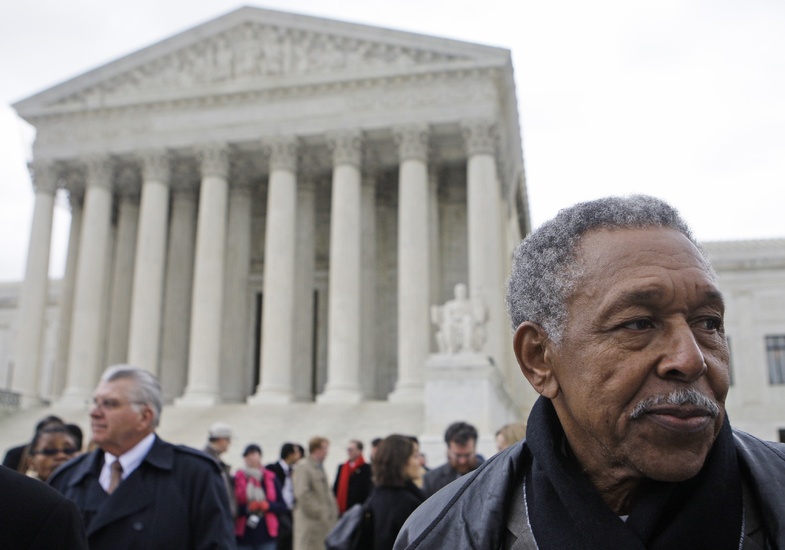The U.S. Supreme Court opened the door to a series of lower-court challenges to all types of gun control measures with its decision Monday in McDonald v. City of Chicago.
striking down the city’s near ban on private ownership of handguns, the court majority reaffirmed gun ownership for self defense to be a fundamental right, and declared that the Second Amendment applies to state law.
But writing for the court, Justice Samuel Alito acknowledged that, like free speech, gun ownership is a limited right, and the McDonald decision does not give anyone the right to own any kind of gun and carry it with them anywhere they want to go.
The decision extends its 2008 decision striking down a gun ban in Washington, D.C., by saying it extends to state and local authorities, but is far from the last word on the issue.
Federal Appeals Court Judge Harvie Wilkinson has compared the state of gun law now to abortion law after Roe v. Wade.
The court has declared a right, but has not defined its limits. As with abortion, we will likely see activists for gun rights and gun control testing the limits in state houses and courthouses across the nation for many years.
In Maine, where the state constitution is even more emphatic in its support of gun rights than its federal counterpart, there are still issues that can be disputed, including background checks in private sales and gun-free zones in public places.
This decision may have settled one question, but there are many others that are still unanswered.
Send questions/comments to the editors.



Success. Please wait for the page to reload. If the page does not reload within 5 seconds, please refresh the page.
Enter your email and password to access comments.
Hi, to comment on stories you must . This profile is in addition to your subscription and website login.
Already have a commenting profile? .
Invalid username/password.
Please check your email to confirm and complete your registration.
Only subscribers are eligible to post comments. Please subscribe or login first for digital access. Here’s why.
Use the form below to reset your password. When you've submitted your account email, we will send an email with a reset code.